Mount Taranaki - now known as Taranaki Maunga by its Māori name, is the latest natural feature to be recognised as an individual in New Zealand.
This pristine, snow-capped volcano is the second highest mountain on New Zealand's North Island at 2,518 metres and is a popular tourist, hiking and skiing destination.
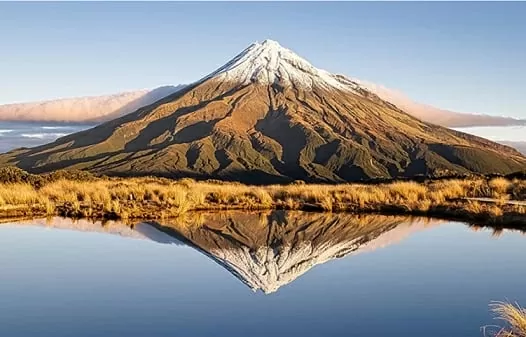 |
| View of Mount Taranaki on New Zealand's North Island. (Source: Getty Images) |
The legal recognition acknowledges that the indigenous Māori mountain in the Taranaki region was taken over after New Zealand was colonised. It also allows for an agreement by the government to compensate the indigenous people for any harm done to the land since then.
How can a mountain be a person?
The Act passed on 30 January grants Mount Taranaki Maunga all the rights, powers, duties, responsibilities and obligations of a person.
Its individual personhood is called Te Kāhui Tupua, which the law regards as "a living and indivisible whole". This personhood includes Taranaki together with the peaks and surrounding lands, "in conjunction with all their physical and metaphysical elements".
Under the legislation, a newly established entity will be the “face and voice” of the mountain, with four members from local Māori tribes and four members appointed by the Conservation Minister.
Why is Mount Taranaki so special?
“The mountain has long been a revered ancestor, a source of physical, cultural and spiritual nourishment and a final resting place,” Paul Goldsmith, the lawmaker responsible for government-Māori settlements, told parliament on 30 January.
However, the colonial forces that invaded New Zealand in the 18th and 19th centuries abandoned the name Taranaki first and then appropriated the mountain. In 1770, the British explorer Captain James Cook spotted the peak from his ship and named it Mount Egmont.
In 1840, Māori tribes and representatives of the British Crown signed the Treaty of Waitangi – the founding document of New Zealand – in which the Crown promised that Māori would retain rights to their lands and resources. But the Māori and English versions of the treaty were different, and the British Crown promptly violated both.
In 1865, a large area of Taranaki land, including the mountain, was confiscated as punishment for Māori rebellion against the British Crown. Over the next century, hunting and sporting groups had a say in the management of the mountain, but Māori did not.
"Traditional Māori practices associated with the mountain have been banned while tourism is promoted," said Goldsmith.
But a Māori protest movement in the 1970s and 1980s led to increased recognition of Māori language, culture and rights in New Zealand law.
How will the mountain use its rights?
Debbie Ngarewa-Packer, co-leader of the political party Te Pāti Māori and a descendant of Taranaki tribes, declared: “Today, Taranaki, our mountain, our ancestral mountain, is freed from its chains – the chains of injustice, of ignorance, of hatred.”
The mountain’s legal rights are intended to maintain its health and well-being. They will be used to prevent forced sales, restore its traditional uses, and allow conservation work to protect the native wildlife that thrives there. Public access rights will remain.
New Zealand became the first country in the world to recognise natural objects as people when a law was passed in 2014 giving personhood to Te Urewera – a vast indigenous forest on the North Island. Government ownership ended and the Tūhoe people became its guardians.
Is this law widely supported?
The bill recognising ownership of the mountain was passed unanimously by 123 lawmakers in the New Zealand Parliament. The vote was greeted by a Maori song echoing through the public hall of Parliament.
That spirit of unity brought a brief reprieve during a tense period of race relations in New Zealand.
In November 2024, tens of thousands of people marched to Parliament to protest a law that would reshape the Treaty of Waitangi by setting rigid legal definitions for each clause.
Opponents say the bill would strip Māori of their legal rights and dramatically reverse five decades of progress.
Source: https://baoquocte.vn/dao-luat-moi-trao-cho-mot-ngon-nui-tat-ca-cac-quyen-va-trach-nhiem-cua-mot-con-nguoi-302919.html


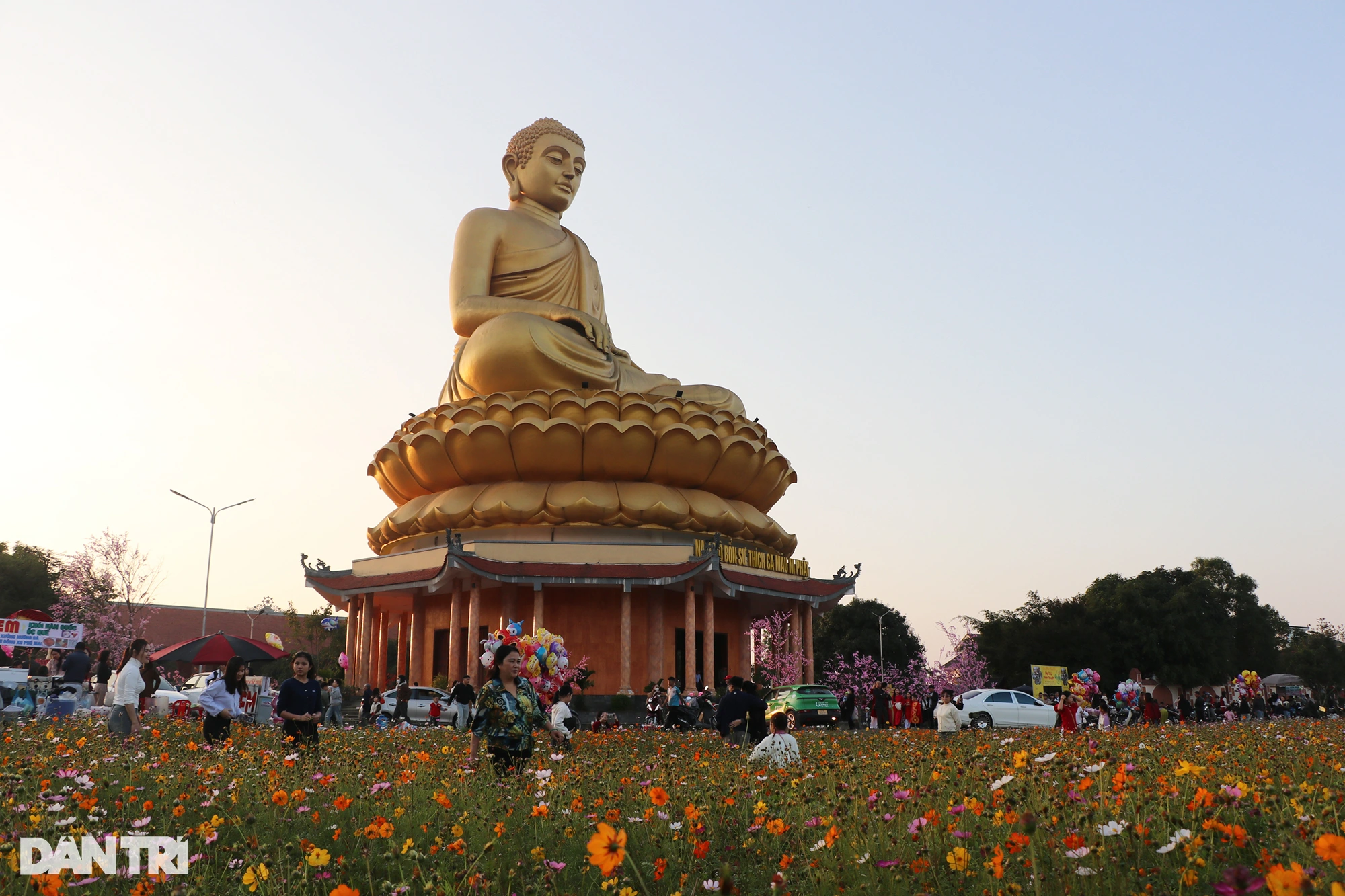



















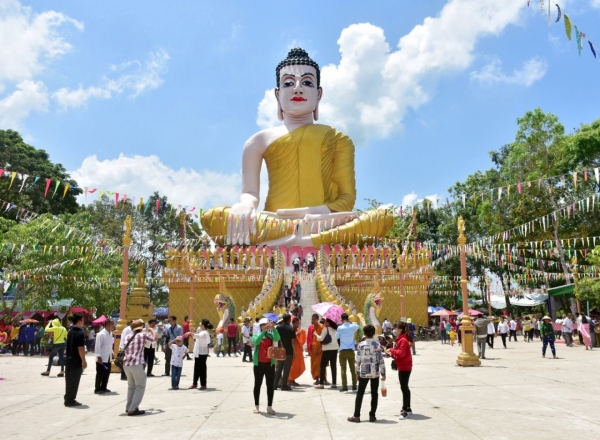
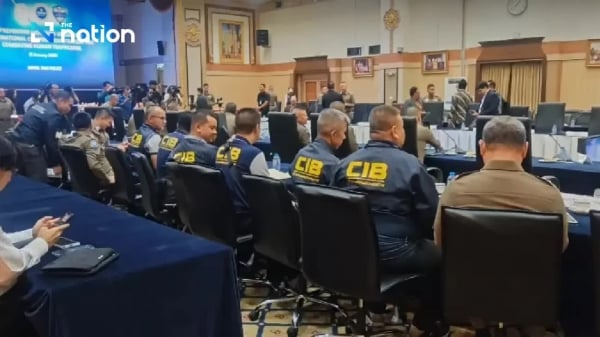


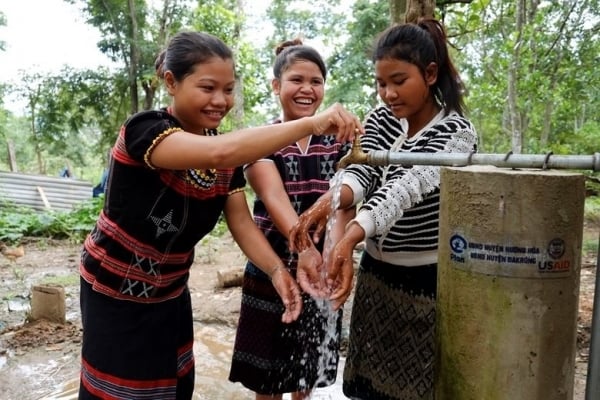

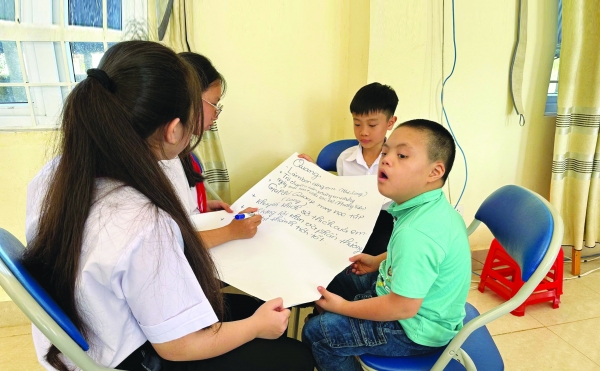























Comment (0)